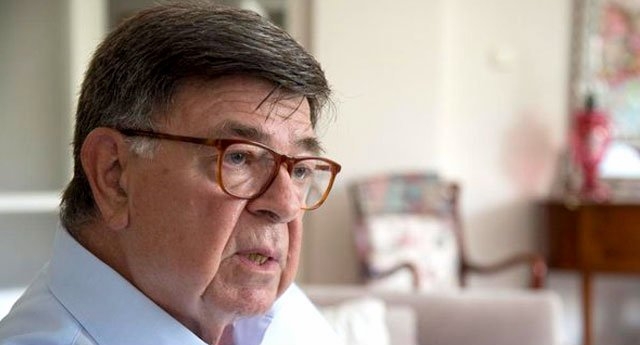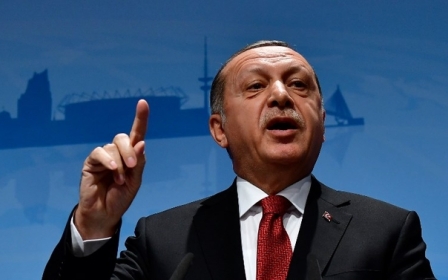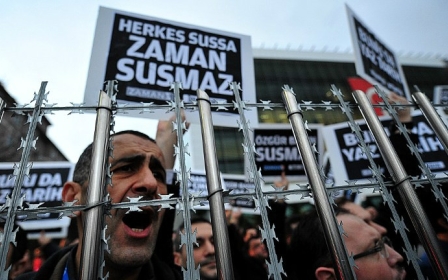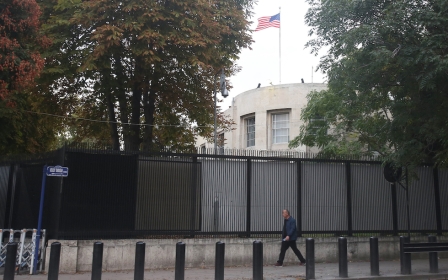Top Turkish court again rules in favour of jailed journalist

Turkey's top constitutional body on Friday ruled for the second time that the rights of a prominent Turkish journalist jailed in the wake of the failed coup in 2016 had been violated while in detention, state media said.
In January, the Constitutional Court ruled that Sahin Alpay and fellow jailed journalist Mehmet Altan should be released on the grounds that their rights had been violated.
But the lower criminal courts hearing their cases defied the decision and they have remained in jail.
It remains to be seen if on this occasion the lower court will respond to the ruling by the higher court.
On 16 February, Altan was handed a life sentence on charges of links to the group blamed for the coup attempt, along with his brother Ahmet, also a writer, and veteran journalist Nazli Ilicak.
In a separate case, Alpay remains on trial, also charged with links to the failed coup and facing life in jail if convicted. He was arrested shortly after the attempted coup and remanded in pre-trial detention in late July 2016.
After the January court ruling, Alpay applied to the Constitutional Court for a second time which again ruled by a majority vote on Friday that his rights had been violated, state news agency Anadolu said.
A similar application by Altan is to be examined at a later date, the agency added. The court said that Alpay should be paid $5,100 in compensation.
The latest ruling comes as the European Court of Human Rights is scheduled on 20 March to rule on the cases of Alpay and Mehmet Altan who both appealed to the Strasbourg court.
Turkey is a member of the Council of Europe rights watchdog, of which the court is a part, and is thus obliged to implement its judgments. Were Turkey to defy a ruling, it could cause a serious crisis in its relations with the body.
The failure of the lower courts to release Alpay and Altan earlier this year caused uproar among Turkish activists. The Council of Europe's chief Thorbjorn Jagland also expressed concern, saying such decisions were "binding" otherwise "the rule of law will be undermined".
Their cases have amplified concerns in Turkey about the rule of law under the state of emergency declared after the failed coup that has seen dozens of journalists arrested.
Turkey says the crackdown is needed to eradicate the influence of the US-based preacher Fethullah Gulen who it blames for the coup attempt but critics say it has included anyone who dares criticise President Recep Tayyip Erdogan.
New MEE newsletter: Jerusalem Dispatch
Sign up to get the latest insights and analysis on Israel-Palestine, alongside Turkey Unpacked and other MEE newsletters
Middle East Eye delivers independent and unrivalled coverage and analysis of the Middle East, North Africa and beyond. To learn more about republishing this content and the associated fees, please fill out this form. More about MEE can be found here.




